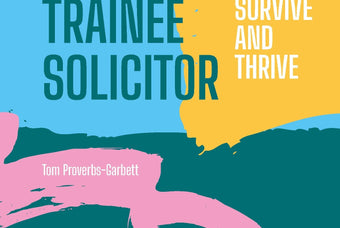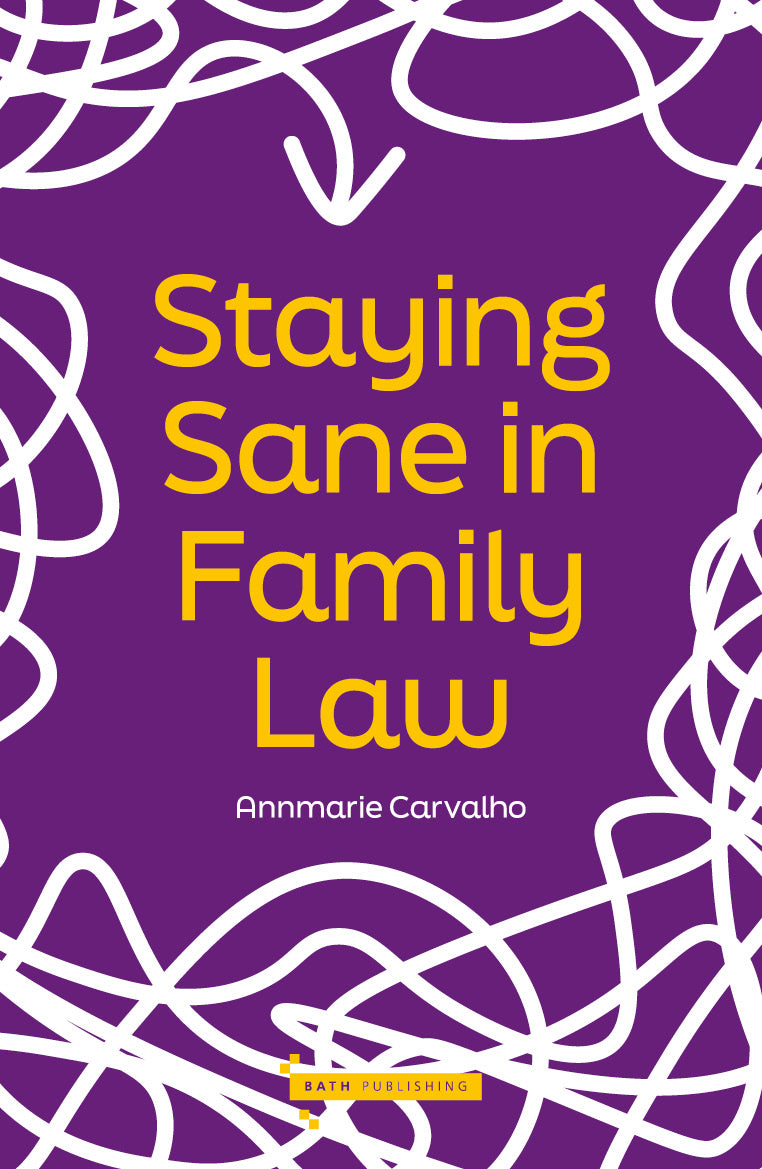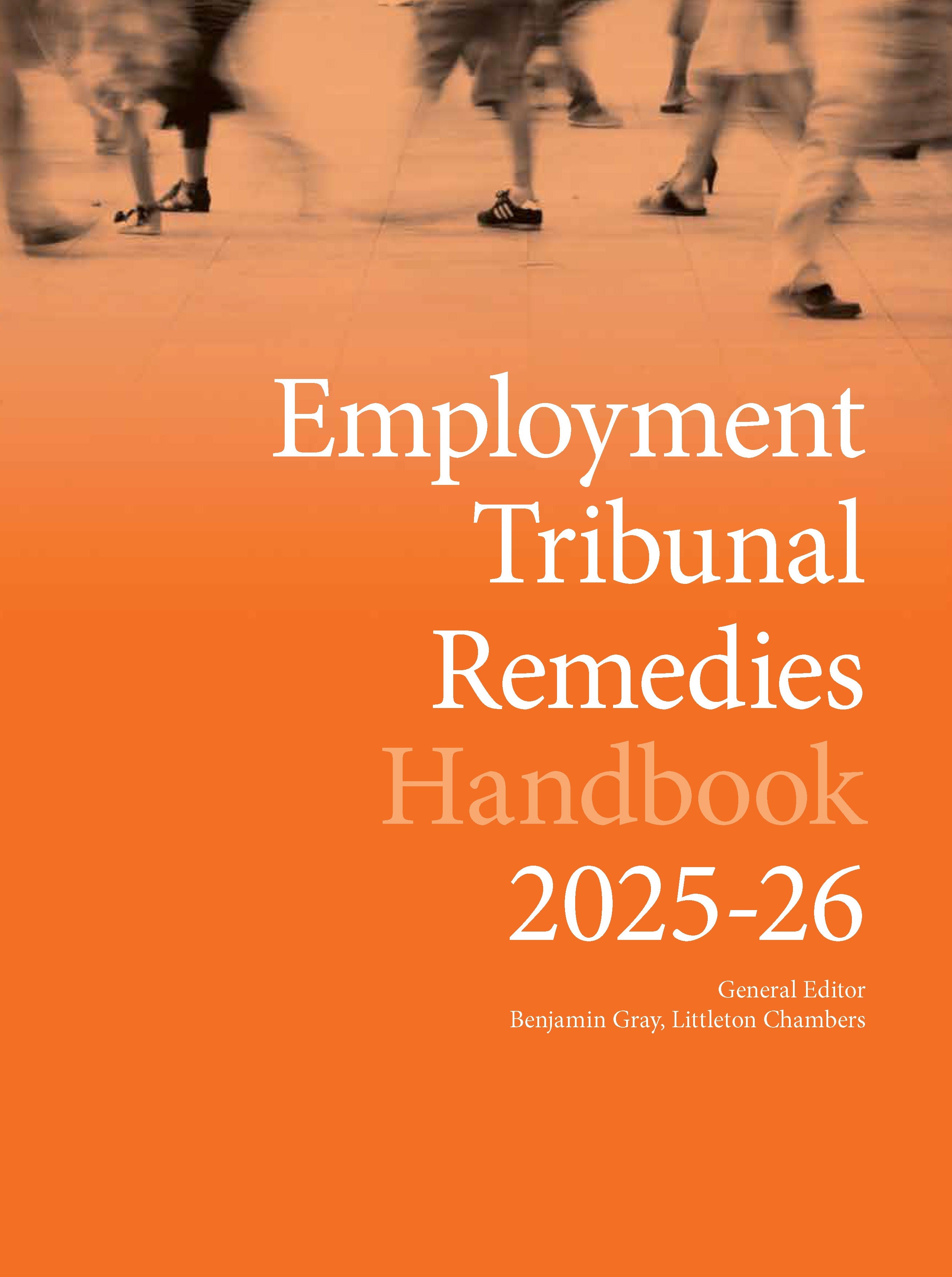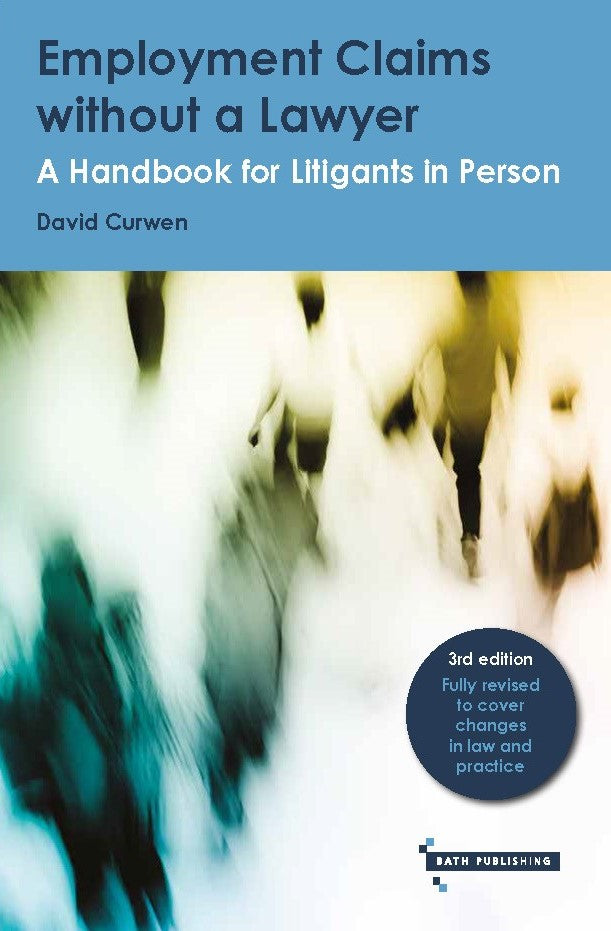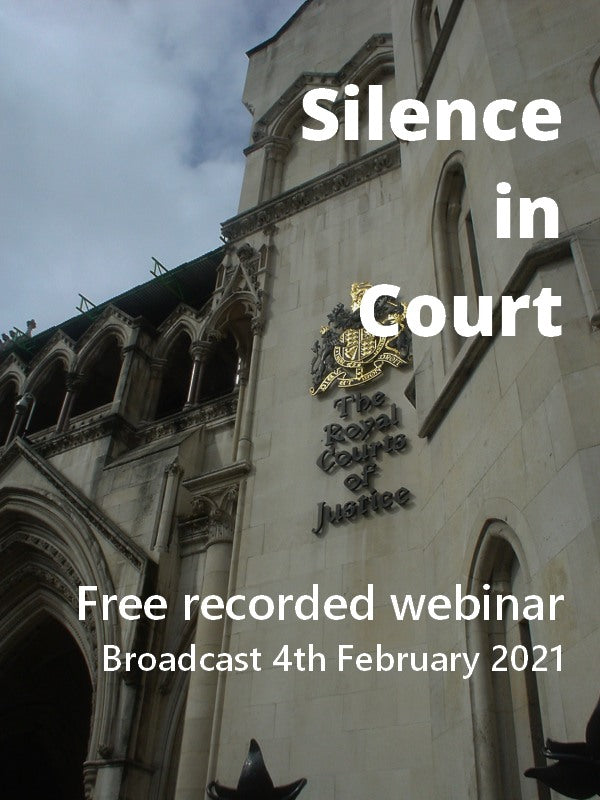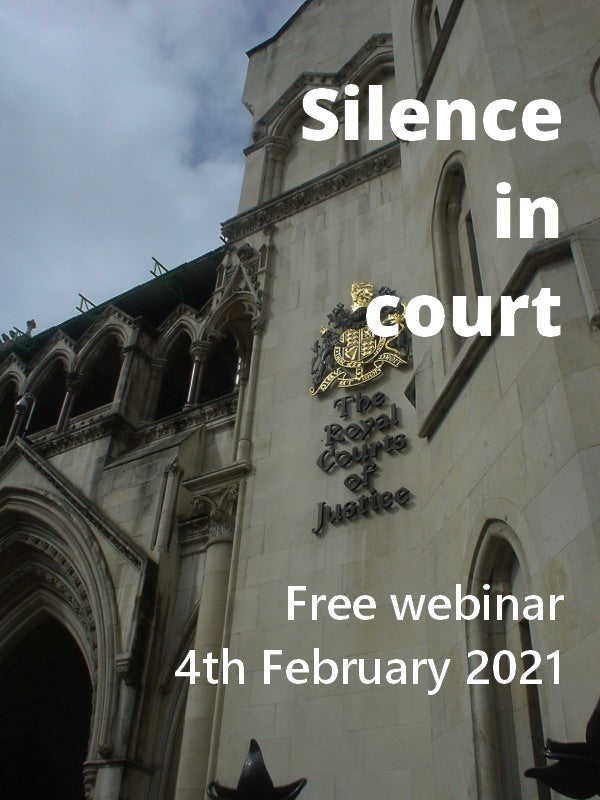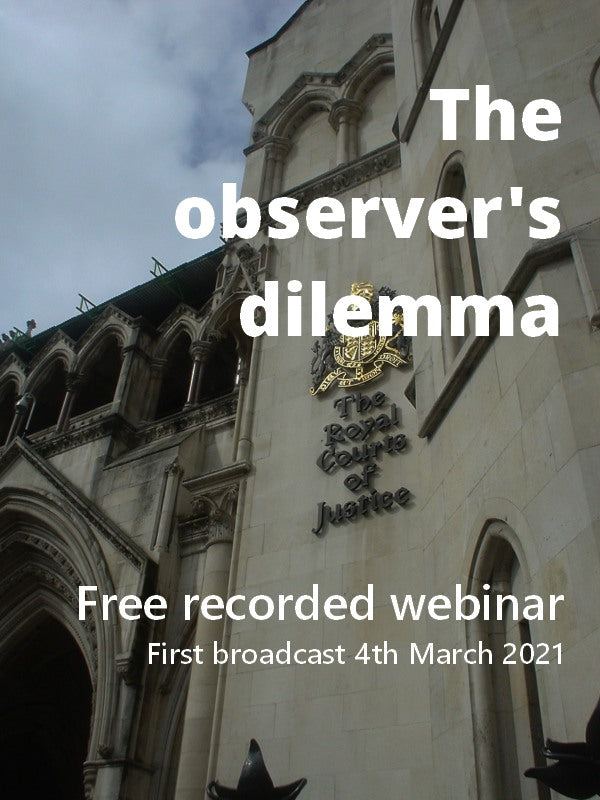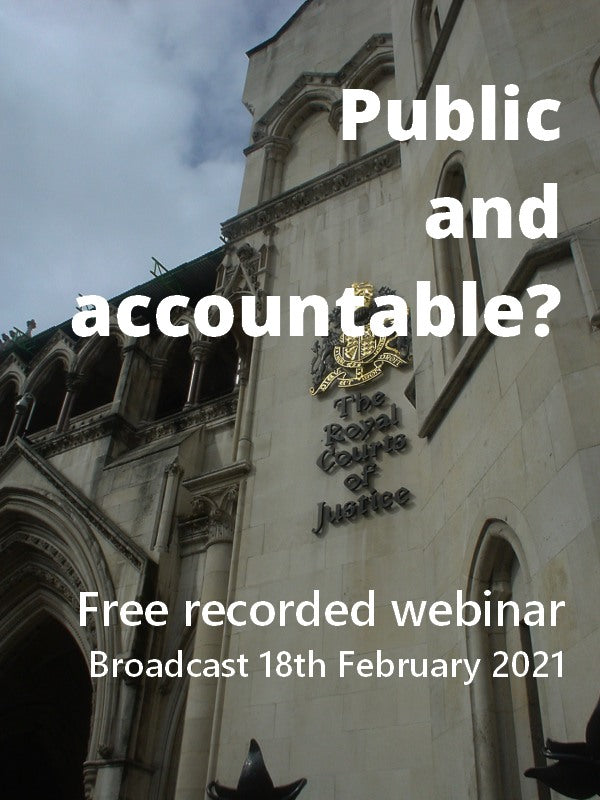This blog post is one of a series of extracts from Insolvency Law Made Clear: A Guide for Debtors, the plain English, practical guidance for anyone facing demands over a debt they are struggling to pay.
--------------
Like a statutory demand, the sealed bankruptcy petition must be personally
served onto the debtor. The rules are similar, but they are applied more strictly
because a petition has more serious consequences than a statutory demand.
Although the rules for service of a demand have been set out in Paragraph 4.3
above, it is worth providing more detail in the context of a petition.
The petitioning creditor has to arrange for the papers to be physically handed
to the debtor. The creditor will then have to certify when service was affected.
Process servers are typically used (as mentioned earlier, a process server is
someone whose job it is to serve documents). Where applicable, the petition
must also be served on the supervisor of the debtor’s IVA (r10.14(2)). If the
debtor physically refuses to take the papers given to him, the server must tell
the debtor what the documents are, and the document must be left with or near the debtor. Anything less than this is not personal service. A solicitor cannot
accept personal service of a bankruptcy petition, although they can for a statutory
demand.
The court has broad discretion to waive defects or irregularities in insolvency
proceedings under r12.64. Where an attempt to personally serve the debtor has
been made, the court may waive this as a defect. However, if there was a complete failure to attempt personal service this is a fundamental error: see Gate
Gourmet Luxembourg IV SARL v Morby [2016] EWHC 74 (Ch) at [55]. In Gate
Gourmet, the debtor was accompanied by a friend and the process server gave
the paperwork to the friend. The friend and the debtor discussed the petition,
tried to return it to the process server, then put it in the rubbish bin. This was
held to be sufficient service, since the debtor was personally made aware of what
the paperwork contained. However, the judge held that even if he was wrong
about that, he would waive the error using his discretion.
If the creditor is unable to serve the petition personally, the creditor must apply
to the court for an alternative form of service (often known as ‘substituted service’).
This is a key difference with the service of a statutory demand, where the
creditor can take the view independently that personal service is not practicable.
The creditor must file evidence which sets out what steps have been taken to
serve the petition. The court will order substituted service if it is satisfied that
the debtor was keeping out of the way to avoid service of the petition: i.e. that
the debtor was deliberately evading service. The court will then permit or direct
alternative forms. The court probably can allow an alternative means of service
retroactively.4 If the court does permit alternative service, the certificate of service
must be accompanied by the sealed copy of the order permitting it (para
6(3) of Sch 4 to the Insolvency Rules). The usual order for substituted service is
service by post – or potentially email – with the deemed date of service seven
days later.
The court will only hear an application for substituted service if service has been
properly attempted. It will expect the steps set out in PDIP para 12.7.1 to have
been followed:
Where personal service of the bankruptcy petition is not practicable,
service by other means may be permitted. In most cases, evidence that the
steps set out in the following paragraphs have been taken will suffice to justify an order for service of a bankruptcy petition other than by personal service:
(1) One personal call at the residence and place of business of the debtor.
Where it is known that the debtor has more than one residential or business
addresses, personal calls should be made at all the addresses.
(2) Should the creditor fail to effect personal service, a letter should be
written to the debtor referring to the call(s), the purpose of the same, and
the failure to meet the debtor, adding that a further call will be made for
the same purpose on the [day] of [month] 20[ ] at [ ] hours at [place].
Such letter may be sent by first class prepaid post or left at or delivered to
the debtor’s address in such a way as it is reasonably likely to come to the
debtor’s attention. At least two business days’ notice should be given of the
appointment and copies of the letter sent to or left at all known addresses
of the debtor. The appointment letter should also state that:
(a) in the event of the time and place not being convenient, the debtor
should propose some other time and place reasonably convenient for the
purpose;
(b) in the case of a statutory demand as suggested in paragraph 11.2 above,
reference is being made to this paragraph for the purpose of service of a
statutory demand, the appointment letter should state that if the debtor
fails to keep the appointment the creditor proposes to serve the demand
by advertisement/ post/ insertion through a letterbox as the case may be,
and that, in the event of a bankruptcy petition being presented, the court
will be asked to treat such service as service of the demand on the debtor;
(c) (in the case of a petition) if the debtor fails to keep the appointment, an
application will be made to the court for an order that service be effected
either by advertisement or in such other manner as the court may think fit.
(3) when attending any appointment made by letter, inquiry should
be made as to whether the debtor is still resident at the address or still
frequents the address, and/or other enquiries should be made to ascertain
receipt of all letters left for them. If the debtor is away, inquiry should also
be made as to when they are returning and whether the letters are being
forwarded to an address within the jurisdiction (England and Wales) or
elsewhere.
Failure to follow these steps means that the court will not grant permission,
prospectively or retrospectively, for substituted service.
A debtor might be tempted to try to avoid service by (for example) refusing to
open a door to a process server and pretending they are not in. This is unlikely
to help the debtor in the long term. A petitioning creditor will, with relatively
little inconvenience, be able to obtain an order permitting substituted service.
However, there is the risk that the judge will view an order for substituted service
as an indicator that the debtor is unreliable, and discount their future arguments
accordingly.
The petition may not be heard until at least 14 days have elapsed after service,
and so the petition must be served at least 14 days before the dated listed for the
hearing (r10.21).
--------------
Read more and buy the book here.



